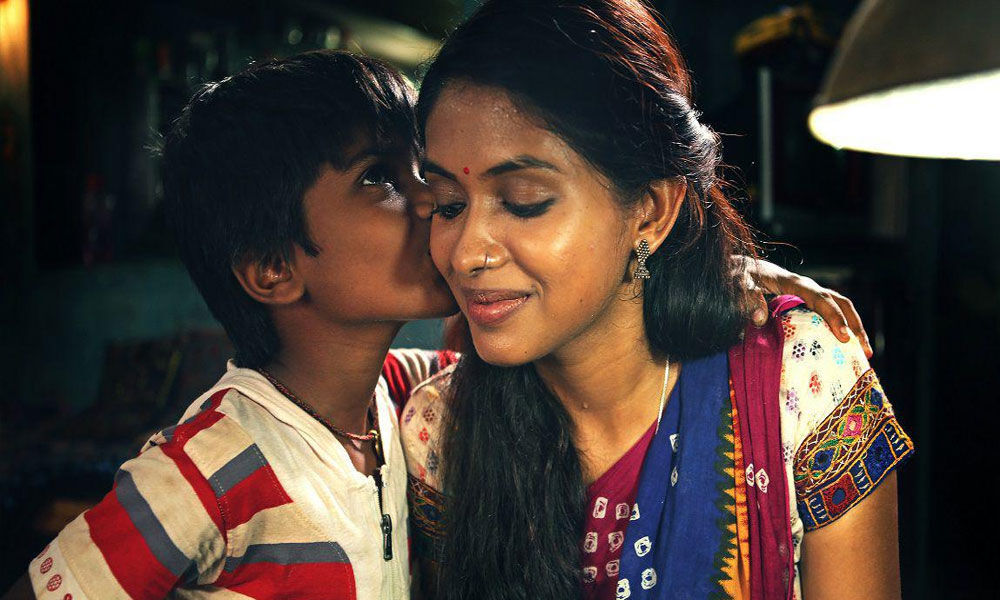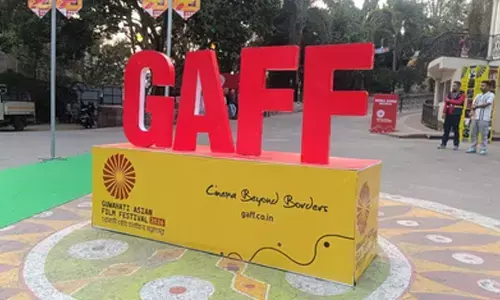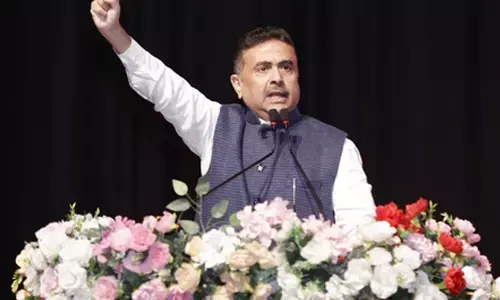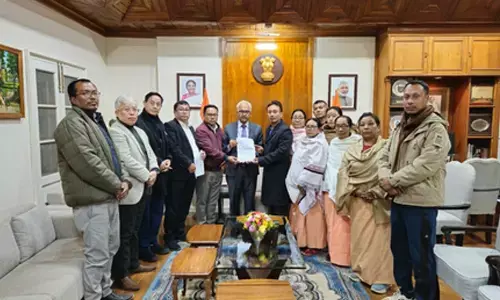Movie Review: Mere Pyare Prime Minister

Rakeysh Omprakash Mehra's "Mere Pyare Prime Minister" (My Dear Prime Minister) is another one in a long line of Hindi films with the urge to highlight India's open defecation problem.
Rakeysh Omprakash Mehra's "Mere Pyare Prime Minister" (My Dear Prime Minister) is another one in a long line of Hindi films with the urge to highlight India's open defecation problem. From Akshay Kumar's "Toilet: Ek Prem Katha" to Nila Madhab Pandya's "Halkaa", Bollywood seems to have discovered that toilets and the lack of them make for a compelling narrative.
While the aim is sincere, you would be wise not to grab too much popcorn while watching them in the theatre. Multiple shots of people defecating, and prolonged conversations about the expelling of human waste aren't exactly conducive to your appetite. And Mehra's film has plenty of those.
The film's eight-year-old protagonist, Kannu (Om Kanojiya) lives in one of Mumbai's many slums and spends much of his time talking about toilets with his friends and sometimes, even dreaming about them. His home and community doesn't have a toilet, so residents have to go near the train tracks to relieve themselves.
Kannu's mother Sargam (Anjali Patil) catches the eye of the local drug lord (Makarand Deshpande) but she is in love with Pappu, a book-seller from the slum, who returns her affections. Their momentary happiness is shattered when Sargam is raped by a local policeman on the train tracks one morning. Surprisingly, the film makes no mention of the perpetrator after the incident. Sargam goes back to her life and the film chooses to focus on Kannu's reaction to the crime.
He decides that if the women of the slum had access to toilets, they would not have to face the risks that led to his mother's assault. Kannu then writes to the prime minister to ask for help.
Mehra and co-writers Hussain Dalal and Manoj Mairta seem unable to decide which way the story should go, making half-hearted attempts in every direction. Kannu's attempt to build a toilet – a superficial attempt at highlighting class differences in Mumbai – and a passing reference to women's rights mean that this 103-minute film ultimately makes no point convincingly.
Both Kanojiya and Patil put in heartfelt performances, but they seem out of place for the milieu that they are part of. Kannu's polished English accent seems incongruous, given that he doesn't even go to school, and Sargam seems too put together for the condition they are shown to be living in. The dialogue is heavy-handed, and Mehra seems to be unable to get a hand on the characters, thus making them caricatures. The intention is noble, but the execution leaves a lot to be desired.














